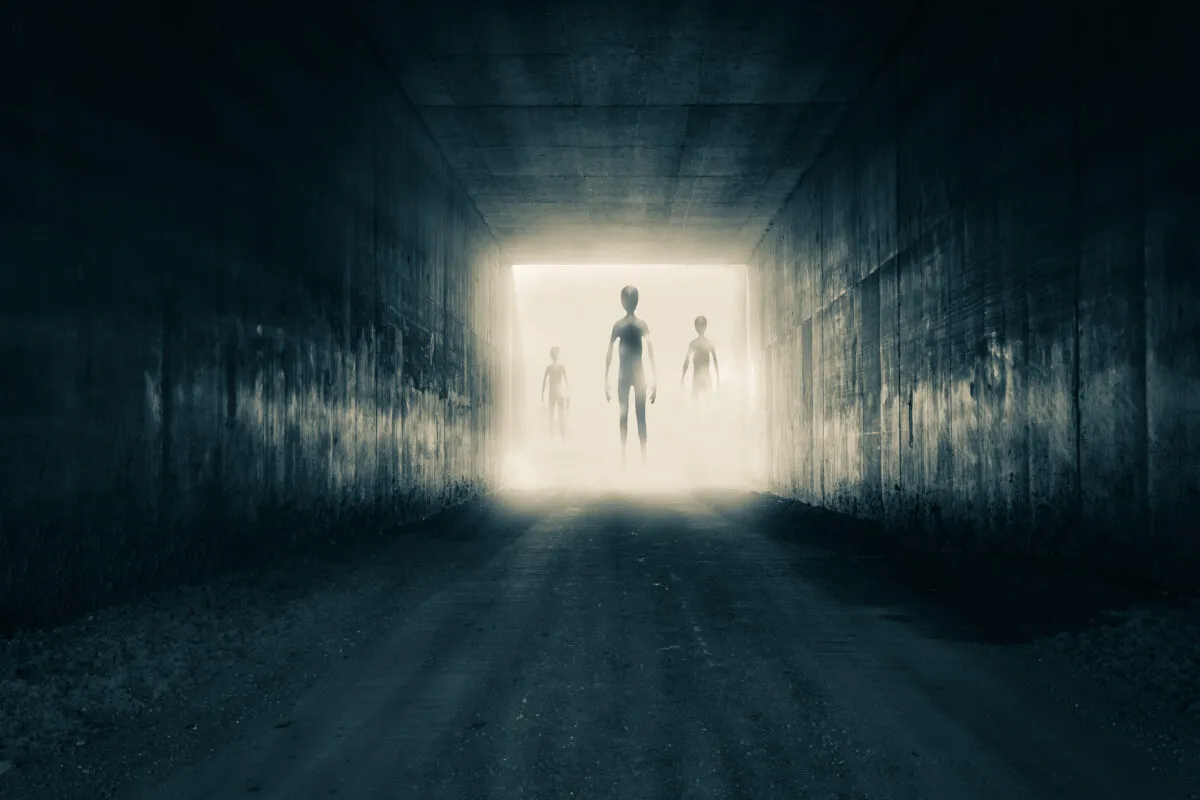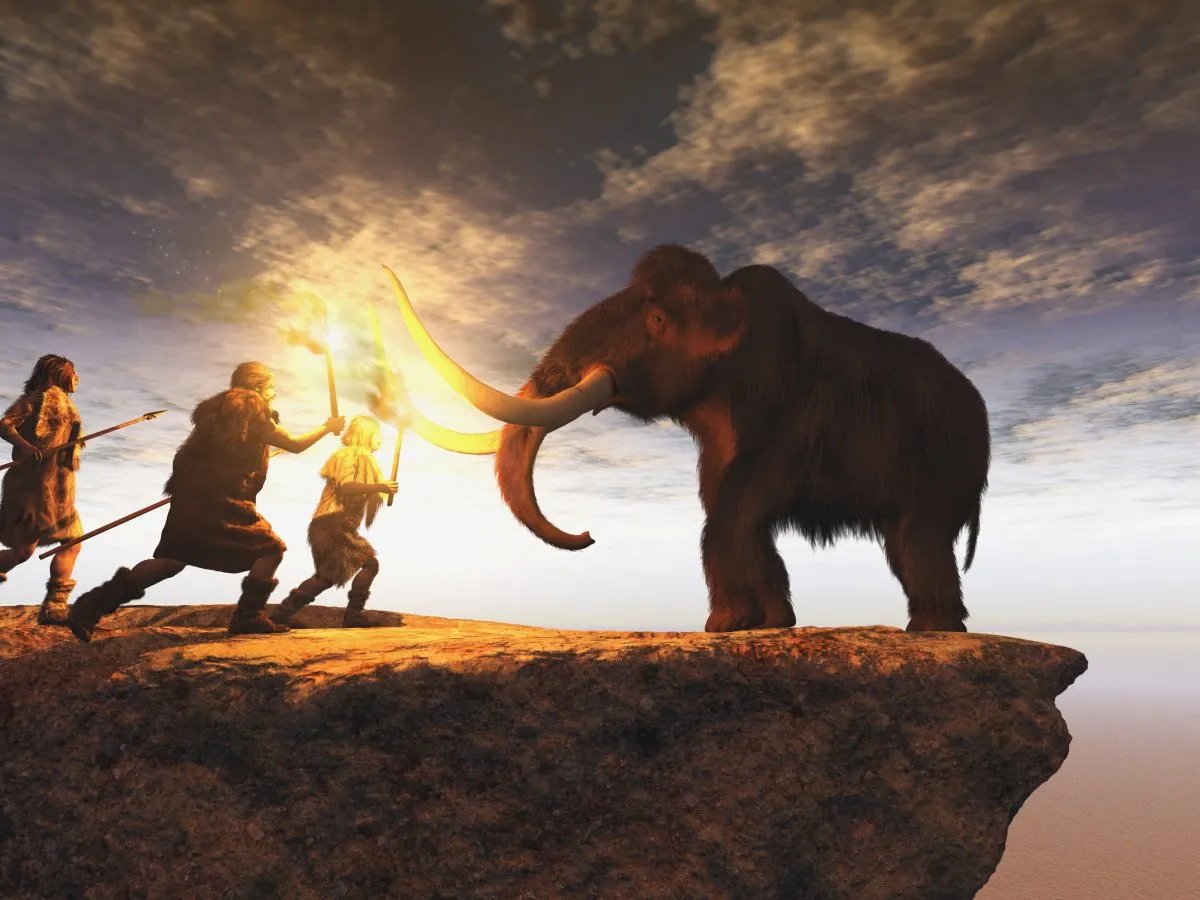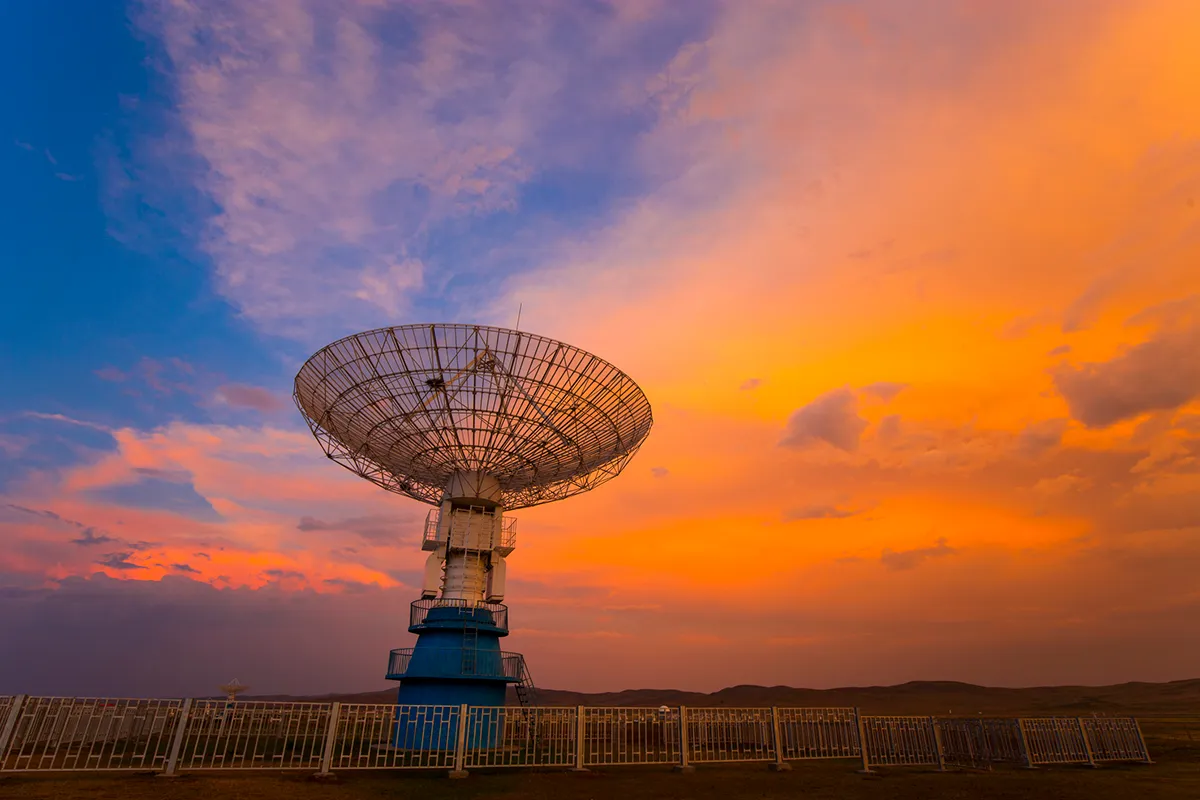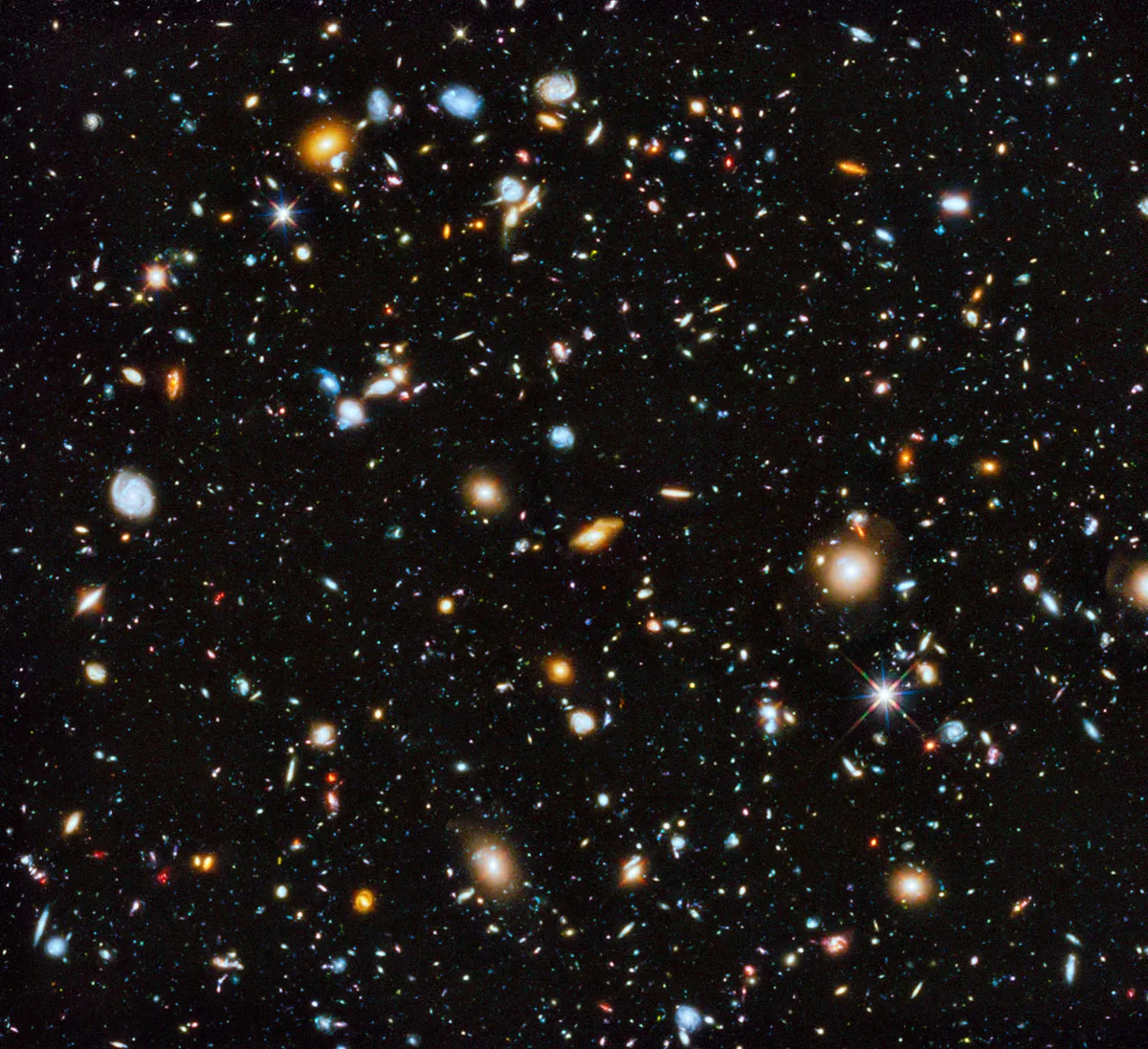If we discovered extraterrestrial life, would intelligent aliens from another planet look like us, or would they be wildly different?
Everything we know about life – what it is, what it looks like and how it works – has come from studying life on our planet.
This creates a problem for those of us who look for signals from extraterrestrials.
How can we plan to communicate with an extraterrestrial intelligence, when we’ve not even found evidence for the existence of any form of alien life at all?

- Why I'm convinced there is alien life in the Universe
- If aliens do exist, how would we communicate with them?
- Will we ever find life beyond Earth?
You might think that alien life will be very different from life on Earth – very alien. But that may be a little pessimistic.
While it’s good to be cautious and to remember that our experiences on Earth may not prepare us fully for all the weird and wonderful possibilities that exist across the Galaxy, it’s also true that not everything is possible.
Just as the universal laws of physics constrain the nature of planets and stars, so the laws of biology constrain what kind of life is possible, and in particular, what intelligent life must be like.

Natural selection
First among these ‘universal laws of biology’ is that all life in the Universe must have evolved through natural selection.
Evolution isn’t a peculiar mechanism that exists only on our planet – it’s an inevitable process that is the only way for life-like complexity to accumulate.
It’s a constraint just as rigid as the laws of stellar nucleosynthesis that govern which elements can and can’t be produced inside stars.
And because we know quite a lot about the theory behind natural selection, we can say a lot about what must constrain life on other planets too.
For example, at the simplest level, life must reproduce.
It is only by having offspring – and offspring that are different from each other – that life can become more and more complex, generation after generation.
Those traits that are more successful – maybe longer teeth or brighter feathers, or whatever the alien equivalent might be – will become disproportionately represented in successive generations.
Complex variety in lifeforms can only arise step by step, generation by generation.

Complex life
Another rule that is often forgotten is that complex life doesn’t arise for its own sake – complexity evolves because organisms need to solve complex problems.
Finding food, or avoiding becoming someone else’s food, for example.
Complex life only comes into existence if there is a complex set of interactions between lifeforms on a planet.
If we were to discover complex life elsewhere, we could be sure that there must be a complex ecosystem, with different organisms all vying against each other for advantage.

Intelligence
What about intelligence? What are the chances that there are intelligent aliens out there waiting to contact us?
We know that ‘intelligence’ in its simplest form evolved on Earth very quickly: as soon as animals evolved that had to look out for enemies, find food and attract mates.
All animals on Earth have some form of intelligence, because that’s the very nature of what it is to be an ‘animal’, and animals have been around for probably over 600 million years.
But it took those same 600 million years for animals to evolve an intelligence that allows us to send messages to the stars and to listen for messages in return.

Why so long? Is the kind of intelligence that allows an organism to build spaceships and radio telescopes very rare in the Universe?
Perhaps we will find the Galaxy teeming with life, but no life with which we can have a conversation.
I think not. If there are many other worlds with complex ecosystems of different kinds of organisms – the alien equivalents of plants and animals and fungi, and probably other strange kinds of creatures too – then that inexorable process of the evolution of technological intelligence is already under way on other worlds.
Or possibly even well ahead of us.
This article originally appeared in the August 2023 issue of BBC Sky at Night Magazine.
